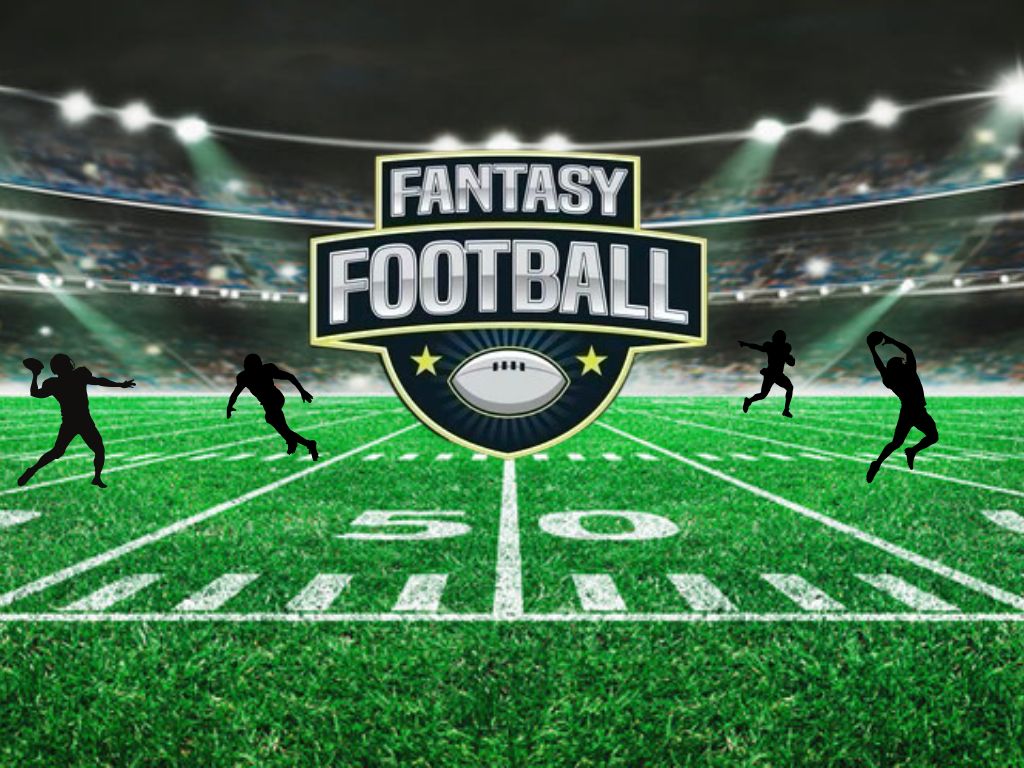Football is back, and so is fantasy football, turning every Sunday into a rollercoaster of touchdowns, stat checks, and bragging rights. For many fans, watching the NFL is no longer just about cheering for their favorite team. It is also about tracking fantasy lineups, celebrating every point, and following players across the league.
That is the impact of fantasy football, a cultural force that has reshaped how millions consume the game.
From Hobby to Mainstream
Fantasy football started in the 1960s as a small-scale experiment, with stats tracked by hand and shared among friends. Today, more than 62 million people in the U.S. and Canada play fantasy sports, according to the Fantasy Sports & Gaming Association, and football is the most popular by far. Apps like ESPN, Yahoo, and Sleeper have made participation seamless, while daily fantasy contests and real money leagues add intensity.
What began as a side hobby has grown into an industry that influences not only fans but also the way the NFL presents its product.
Teams vs. Players
For decades, sports fandom meant unwavering loyalty to a single team. Fantasy has changed that. A lifelong Chargers fan might now cheer when a Chiefs running back scores because that player is in their fantasy lineup.
“I’m still a die-hard Rams fan,” one student said, “but if my fantasy quarterback throws a touchdown against them, I can’t help but cheer a little.”
This does not erase traditional fandom. Fans still want their favorite team to win above all, but fantasy adds another layer.
Every Game Matters
Fantasy has also turned overlooked games into must-watch events. A December matchup between two struggling teams might not draw much interest, but if someone’s fantasy playoff hopes depend on that game, suddenly it matters.
This shift has fueled NFL products like RedZone, which delivers every touchdown in real time and caters directly to fantasy players. What once were throwaway games now have national intrigue.
New Ways of Watching
Fantasy has altered not just what fans watch but how they watch it. Many juggle multiple screens: one streaming a game, another showing RedZone, while phones track fantasy scores and injury updates.
“Sometimes I feel more focused on my fantasy app than the actual game,” one student admitted. “I’ll celebrate a player’s stat line without even checking the score.”
Statistics, analytics, and real-time alerts have become central to the fan experience. For some, the numbers matter as much as the highlights.
Building Communities
Beyond stats, fantasy football is about connection. Leagues bring together families, college friends, coworkers, and online communities. Trash talk in group chats, Sunday watch parties, and the drama of last-minute wins have become staples of the season.
For many players, this community aspect is the real draw. Fantasy extends the football season beyond Sunday kickoffs, keeping people engaged from draft day in August to championship week in December.
Introducing New Fans
One of fantasy football’s most surprising impacts is its ability to attract people who may not have watched football before. Many join leagues because of friends, coworkers, or family, and over time, the strategy and competition pull them into the sport itself.
For these new fans, fantasy provides an entry point. Instead of needing years of football knowledge, they learn by following their drafted players, watching highlights, and tracking stats. Before long, people who never cared about Sunday football find themselves glued to the TV and debating lineup choices alongside lifelong fans.
This effect has helped the NFL reach new audiences and grow its overall fan base, expanding interest far beyond traditional markets.
Critics and Concerns
Not everyone sees fantasy’s influence as positive. Some argue it creates a selfish kind of fandom, where people root for rival players over their own team. Others say it can distract from the actual games, reducing them to a stream of stats and alerts.
The rise of daily fantasy and sports betting has also raised concerns. While fantasy can be casual fun, the overlap with gambling introduces risks around accessibility and addiction.
A New Layer of Fandom
Whether embraced or criticized, fantasy football has undeniably changed the way fans watch the NFL. It has not replaced hometown pride, but it has added another perspective where every catch, yard, and touchdown carries weight.
For the NFL, this means higher ratings and greater engagement. For fans, it means Sundays are more interactive, blending competition, community, and strategy.
Fantasy football has turned passive viewers into active participants, ensuring that the way we watch football will never be the same.


